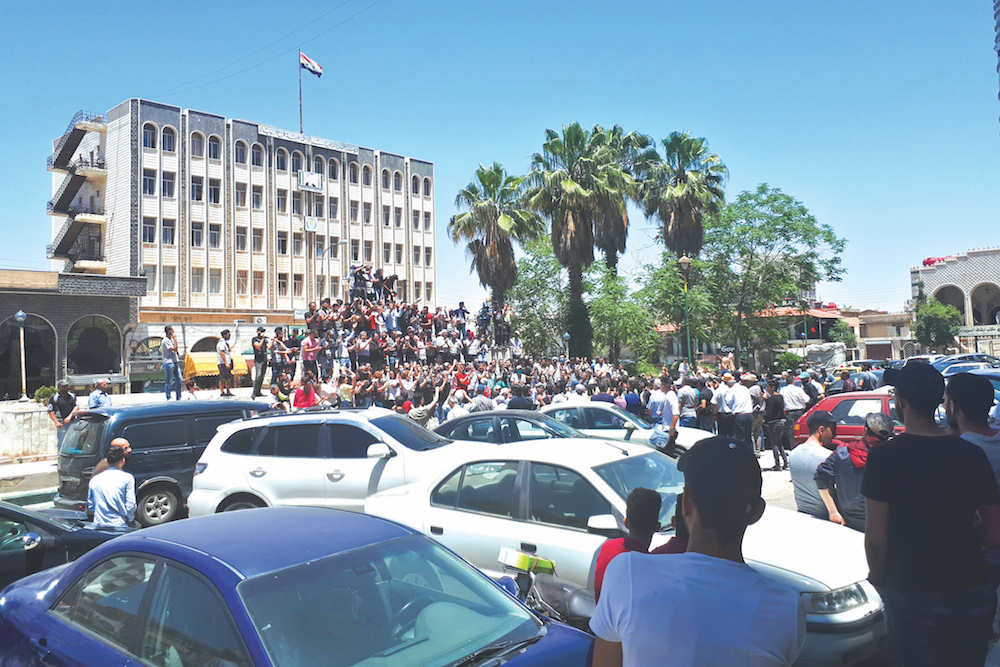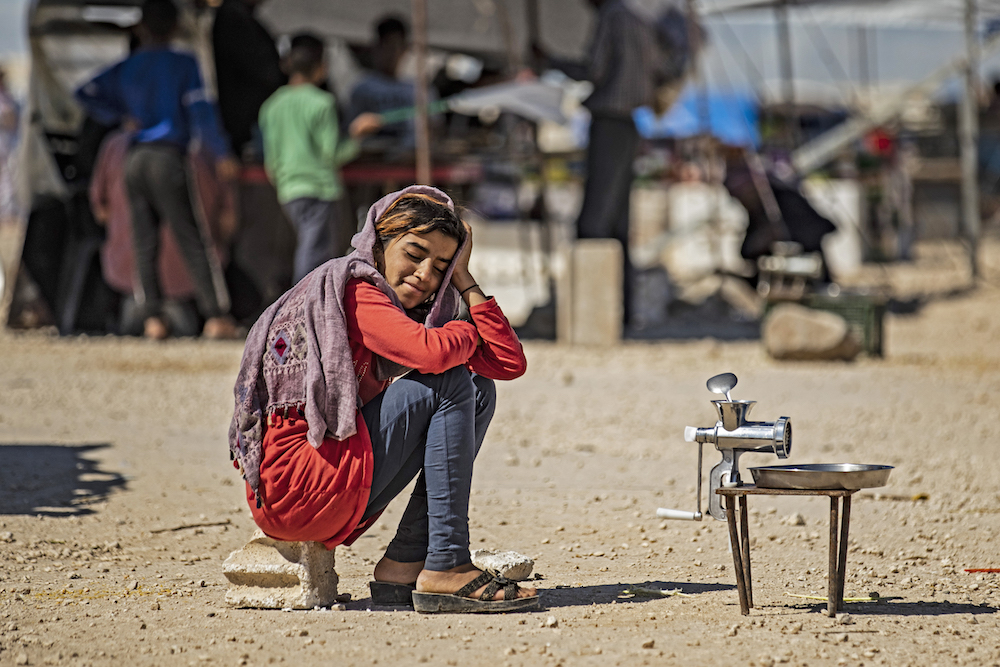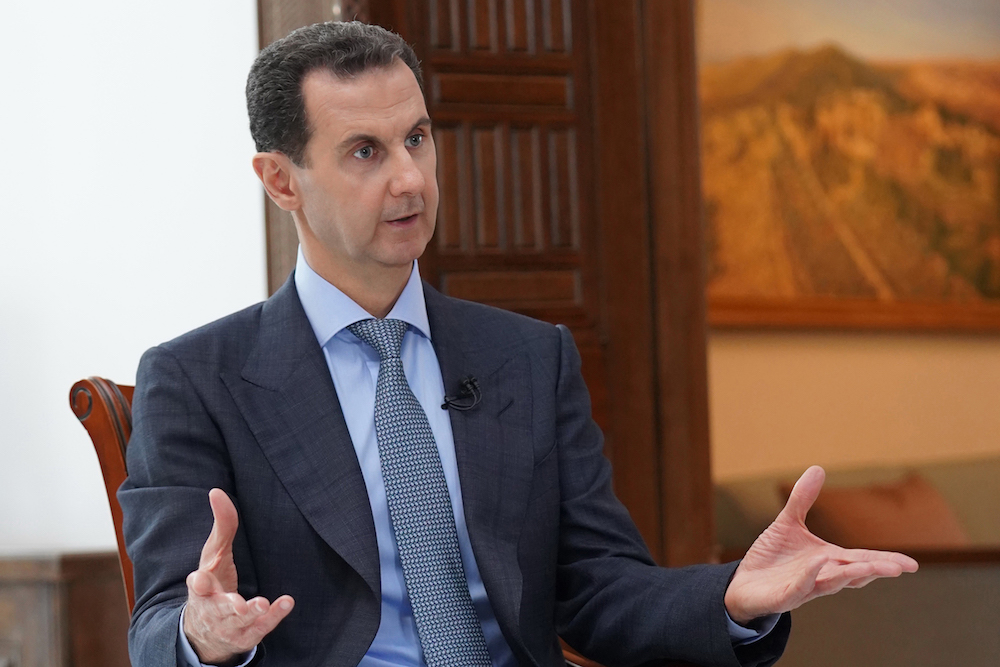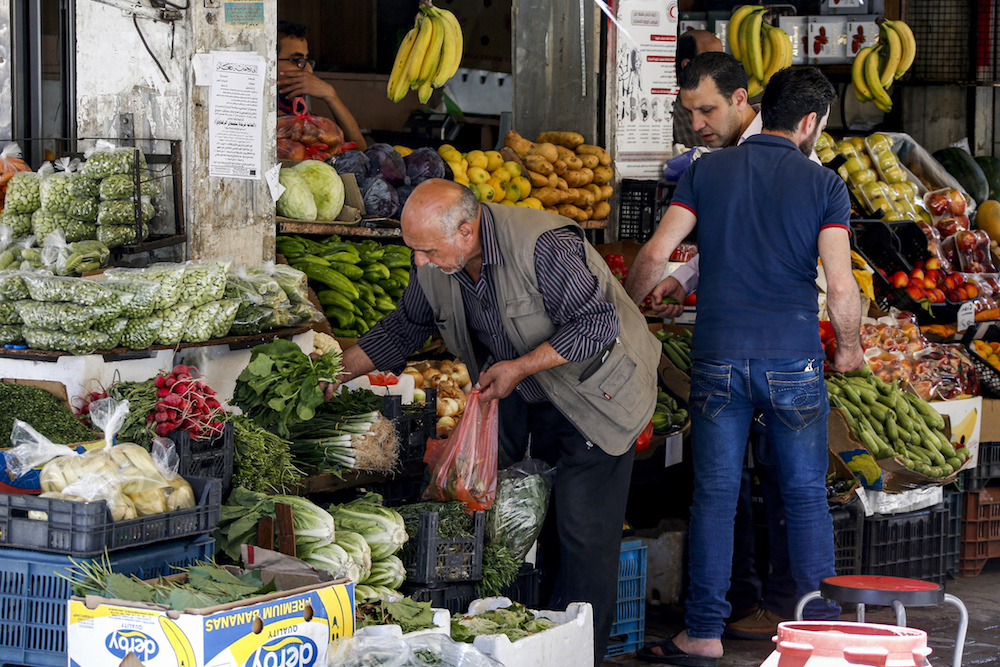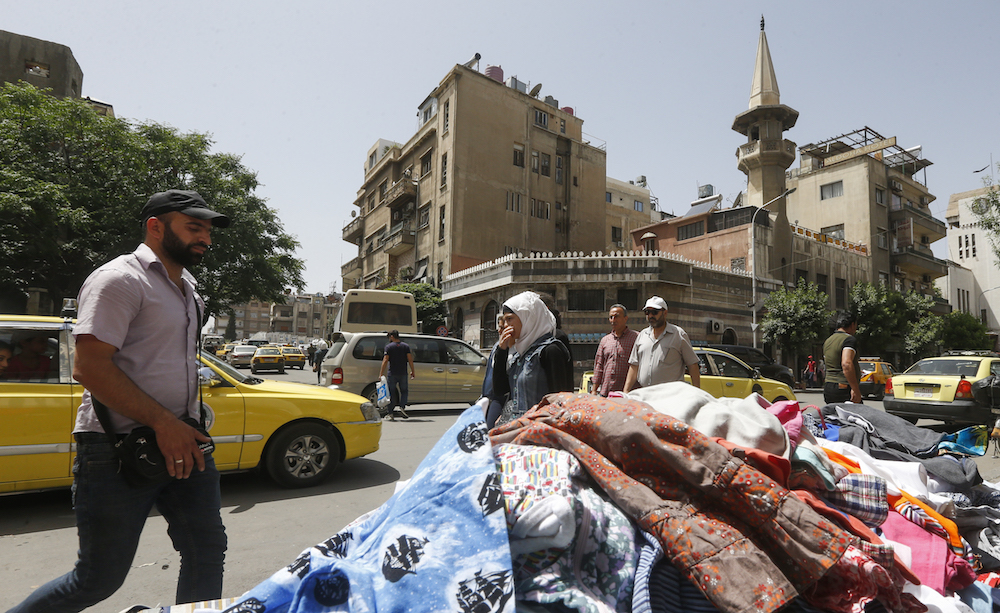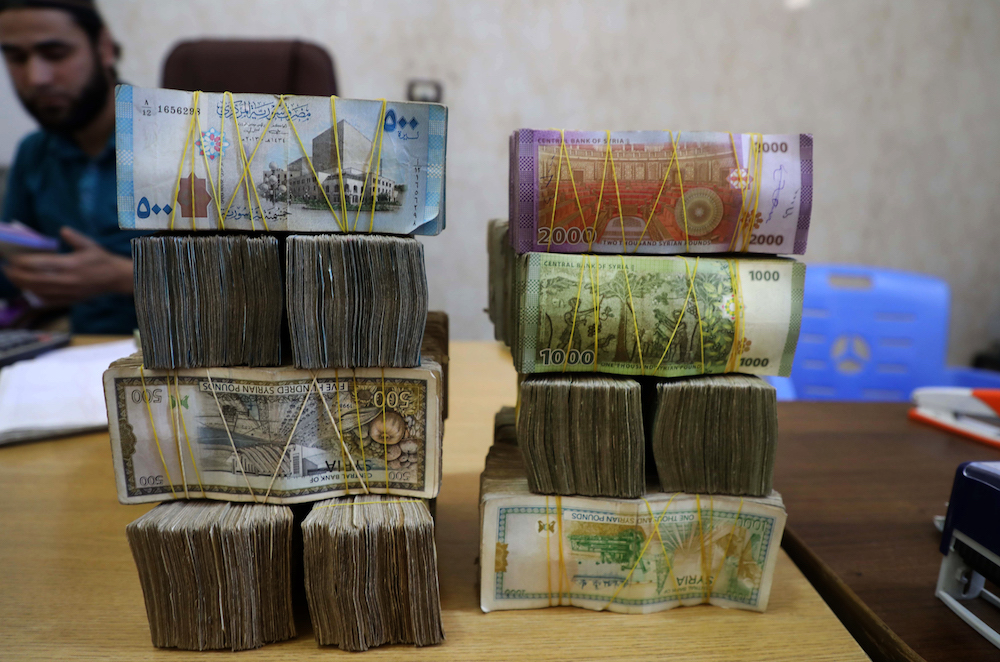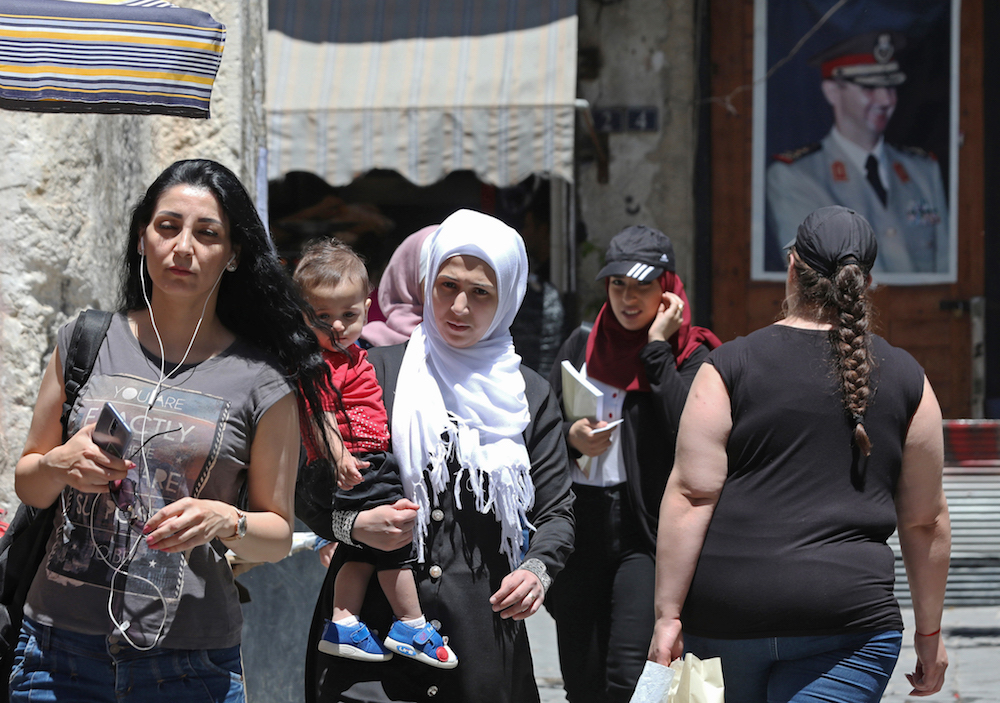Any Israeli annexation a ‘crime’: Palestinians tell UN
JERUSALEM: Only a week before Prime Minister Benjamin Netanyahu intends to kick-start annexation plans in the occupied West Bank, Israel’s premier is facing challenges at home and abroad.
When Netanyahu clinched a coalition deal with former rival Benny Gantz, the longtime premier said political steps on annexing Jewish settlements and the Jordan Valley could start from July 1.
The move forms part of a broader US peace plan, which foresees the eventual creation of a Palestinian state but denies their key demands such as a capital in east Jerusalem.
Palestinians reject annexation and thousands took part in a protest Monday in the town of Jericho, although other West Bank rallies have failed to draw large crowds.
For Netanyahu, Washington’s plan and its green light provide a “historic opportunity” to “apply sovereignty” over swathes of the West Bank.
The premier has just months left before his pro-Israeli ally, US President Donald Trump, risks being booted out of office in November elections.
Despite a call supported by over 1,000 lawmakers from 25 countries for “decisive” action to prevent annexation, Israel stands to benefit from indecision within the European Union.
The country’s top trade partner stands opposed but remains divided on possible retaliatory measures.
Israel’s leader must still decide how much territory he intends to annex, according to a European diplomat closely following the developments.
“For Netanyahu it’s a question of ‘swallowing the elephant’, of knowing the size of the piece he’ll swallow,” he told AFP.
The prime minister has stepped up meetings with leaders from settlements, home to more than 450,000 Israelis who live alongside more than 2.8 million West Bank Palestinians.
Netanyahu faces opposition from some settlement leaders and a scaled-down proposal has emerged, of annexing certain settlements or settlement blocs such as Ma’ale Adumim, Gush Etzion or Ariel.
“The scope of annexation will definitely impact the intensity of the international reaction,” said Nimrod Goren from Jerusalem’s Hebrew University.
The response from Palestinians would also affect steps taken abroad.
“Whether there will be violence erupting from Gaza or the West Bank, that will lead other countries to step up their response,” said Goren, founder of the Mitvim think-tank for regional foreign policy.
The Israeli-Palestinian conflict has taken a back seat for the past decade, as Middle East leaders have contended with the Arab Spring uprisings and the emergence of the Daesh group.
Israel, for its part, continues to warn of dangers posed by its arch foe Iran and its increased influence in the region.
Netanyahu’s government has also sought to improve relations with Gulf states, notably the United Arab Emirates.
For the first time, an Emirati official published an opinion piece in an Israeli newspaper earlier this month to warn against jeopardizing any warming of ties.
“Annexation will certainly and immediately upend Israeli aspirations for improved security, economic and cultural ties with the Arab world and with the UAE,” Yousef Al-Otaiba, Emirati ambassador to Washington, wrote in top-selling daily Yediot Aharonot.
Israel has formal diplomatic ties with only two Arab states, neighbors Jordan and Egypt.
Senior Palestinian official Saeb Erekat told AFP that a “large international coalition” including Arab, African and European countries back the Palestinians against Israel’s annexation plan.
In addition to opposition from the international community, Netanyahu must also weigh Washington’s position on unilateral annexation.
On Wednesday, Secretary of State Mike Pompeo indicated that the US would not stand in Israel’s way.
“Decisions about Israelis extending sovereignty to those places are decisions for the Israelis to make,” he said, moments after the UN and the Arab League joined in calls for Israel to abandon its plans.
The UN coordinator for the Middle East, Nickolay Mladenov, said annexation risked “upending more than a quarter of a century of international efforts in support of a future viable Palestinian state.”
Any Israeli annexation of Palestinian land would be a “crime,” Palestinian representative Riad Al-Maliki told the UN Security Council.
The US peace deal anticipates the move as part of a negotiating process, although Palestinian officials cut ties with Washington in 2017 and have rejected the latest proposals out of hand.
Netanyahu’s coalition partner, Defense Minister Gantz, has also warned against taking steps which would damage relations with Amman.
Jordanian Foreign Minister Ayman Safadi last week said annexation posed an “unprecedented danger to the peace process.”
Fears of violence have also raised concerns among the Israeli electorate, whose support for annexation has fallen below 50 percent.
With an economic crisis brought on by the coronavirus pandemic and a recent spike in infections, many Israelis are prioritising their daily lives over the annexation plans.

European MPs reject Israeli West Bank annexationJericho Palestinians fear isolation in Israeli annexation



